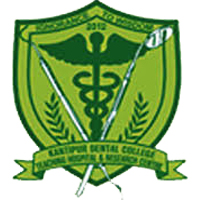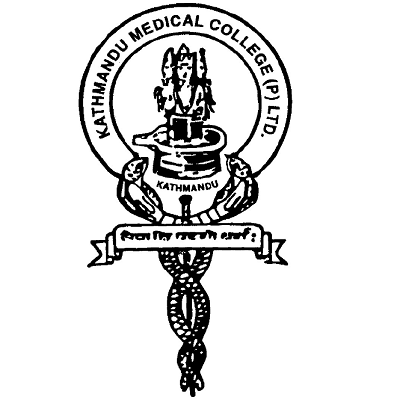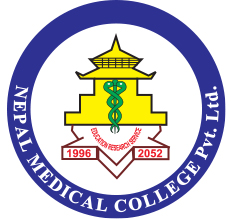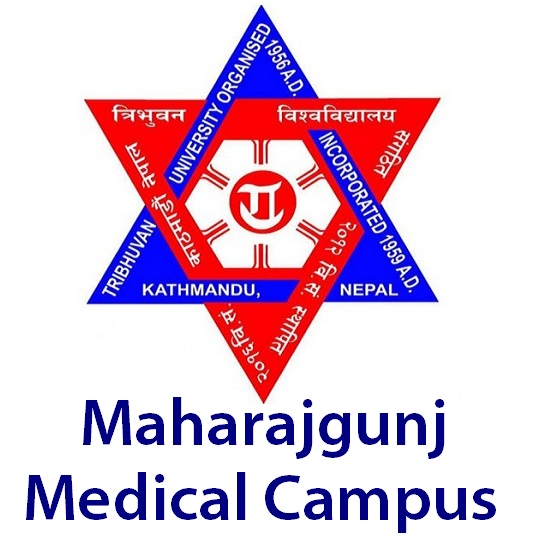Overview
Bachelor of Dental Surgery (BDS) — People’s Dental College & Hospital, Tribhuvan University
People’s Dental College & Hospital (PDCH), Kathmandu runs the Bachelor of Dental Surgery (BDS) under Tribhuvan University (TU). The BDS in Nepal spans five and a half years, including a one-year rotating internship.
You study basic medical sciences, preclinical dentistry, and full clinical postings at the college’s teaching hospital. Selection runs through the Medical Education Commission (MEC) MECEE-BL entrance route.
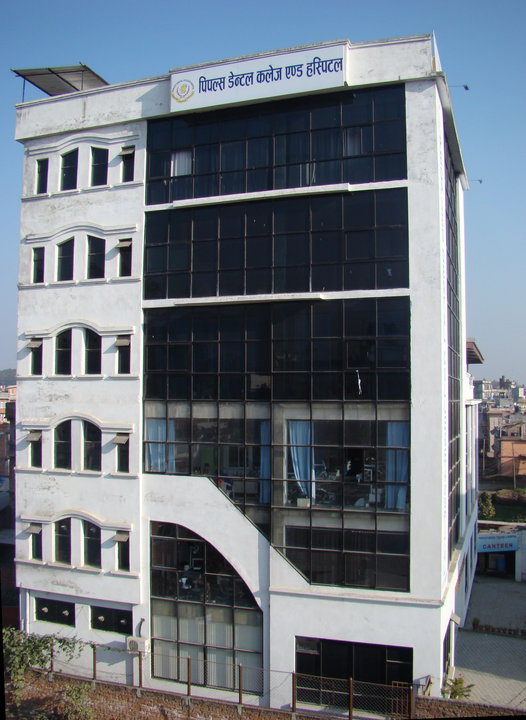
Highlights
-
Affiliation: Tribhuvan University (TU)
-
Duration: 5 years 6 months, including 1-year internship
-
Location: Sorakhutte–Nayabazar, Kathmandu
-
Intake: PDCH lists 60 BDS seats in recent cycles (subject to MEC approval)
Curriculum Details
Year 1–2 focus on Integrated Basic Medical Sciences (Anatomy, Physiology, Biochemistry, Pathology, Pharmacology, Microbiology) alongside Dental Materials and preclinical work (Oral Anatomy, Preclinical Conservative, Preclinical Prosthodontics). Year 3–4 introduce Oral Pathology, General Medicine, General Surgery, Anaesthesiology, Forensic Medicine, Oral Medicine & Radiology, Orthodontics, Pedodontics, and Community Dentistry. Final academic blocks cover Prosthodontics, Conservative & Endodontics, Oral & Maxillofacial Surgery, and Periodontics, followed by a rotatory internship.
Objectives
-
Build safe, patient-centred general dentists for Nepal’s health system.
-
Strengthen prevention, diagnosis, and basic treatment skills for common oral diseases.
-
Encourage ethics, communication, and teamwork in clinical settings guided by NMC standards.
Scope
Graduates serve in hospital OPDs, community dental clinics, and government or NGO programs. Many prepare for the Nepal Medical Council licensing exam and later pursue MDS training in specialties such as Orthodontics, Periodontology, Prosthodontics, or Conservative Dentistry.
Learning Outcomes
-
Diagnose and manage common dental conditions; plan referrals when indicated.
-
Deliver preventive and promotive oral health education in schools and communities.
-
Maintain infection control, documentation, and safe chairside practice per NMC norms.
Skill Development Modules
-
Preclinical simulation: cavity preparations, wax-ups, RPD/FPD exercises.
-
Clinical postings: endodontic access and obturation, extractions, periodontal therapy, removable and fixed prosthodontics, pediatric care, radiographic interpretation.
-
Community dentistry: outreach camps and survey methods under TU framework.
Teaching Methodology
Lectures, small-group seminars, skill-lab practice, clinic logs, and supervised chairside care in the teaching hospital. Assessment follows TU regulations and NMC competency expectations for BDS programs.
Admission Requirements
-
Eligibility: 10+2 Science (Physics, Chemistry, Biology) with at least 50% aggregate or CGPA 2.4 (or recognized equivalents).
-
Entrance: MECEE-BL; merit list and matching are conducted by MEC.
-
Documents: academic transcripts, citizenship/passport, entrance admit card, and other items specified in annual notices.
Career Opportunities
New dentists begin as dental officers, resident dentists, or junior clinicians. Many choose rural service, NGO programs, or assistantship roles in specialty clinics while preparing for postgraduate entrance.
Scholarships and Financial Aid
Seat categories (scholarship, paying, foreign) and any government quotas follow MEC policy and change by year. Applicants should consult the current MEC scholarship/seat circular before acceptance.
Why Choose This Course?
You learn in a TU-affiliated program with structured clinical exposure in central Kathmandu and a clear pathway to NMC licensure and future MDS study.
Conclusion
BDS at PDCH suits students seeking strong clinical grounding within Nepal’s TU system, with national entrance, defined competencies, and hospital-based learning. For final seat distribution and deadlines, rely on MEC’s latest notices.


